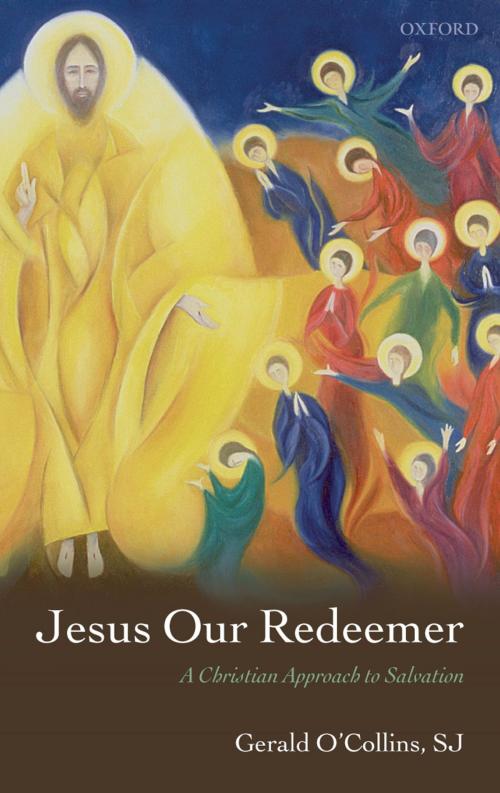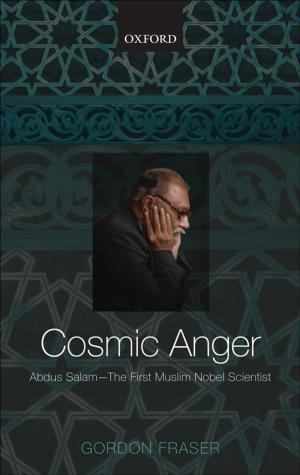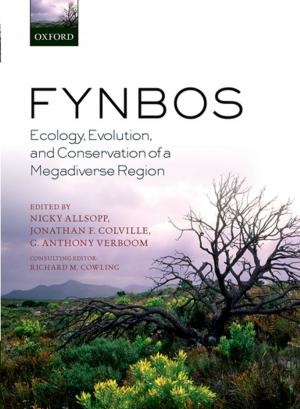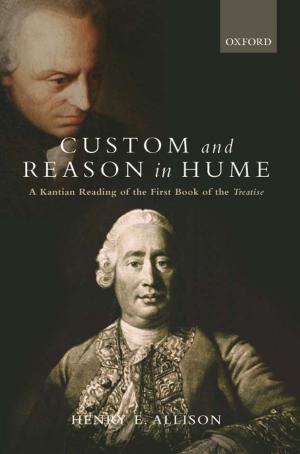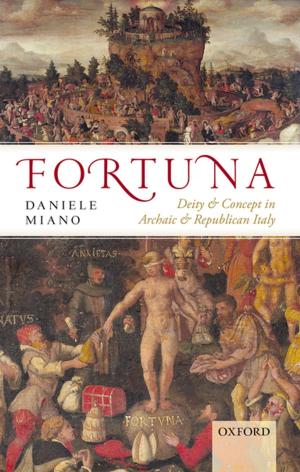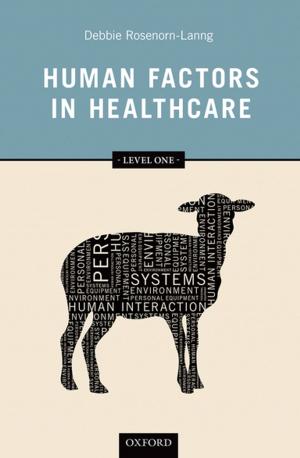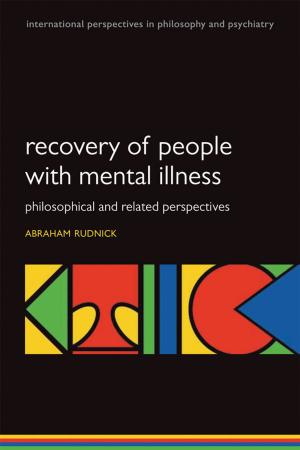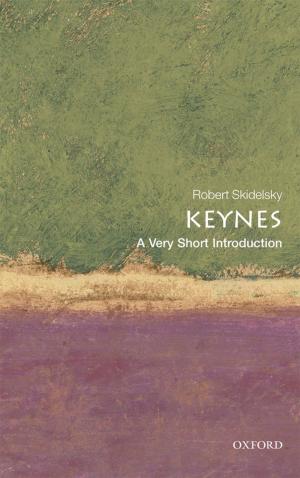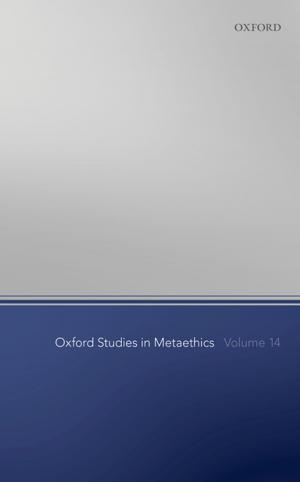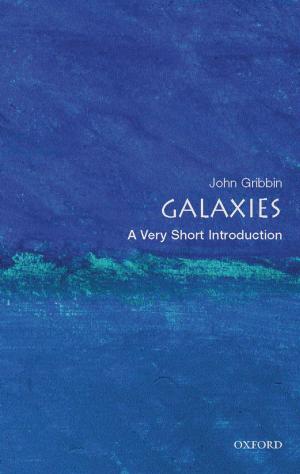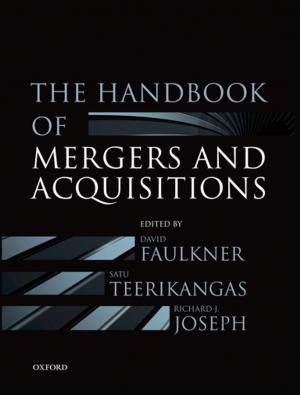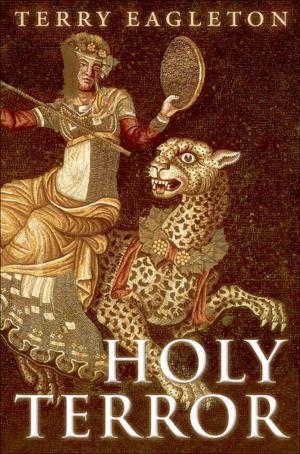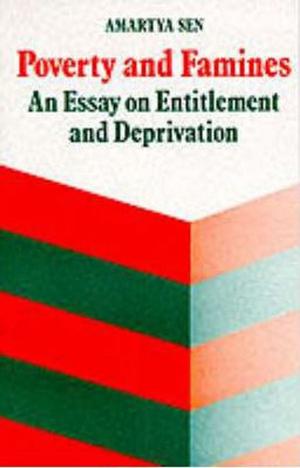Jesus Our Redeemer
A Christian Approach to Salvation
Nonfiction, Religion & Spirituality, Christianity, General Christianity, Theology| Author: | Gerald O'Collins, SJ | ISBN: | 9780191647468 |
| Publisher: | OUP Oxford | Publication: | January 11, 2007 |
| Imprint: | OUP Oxford | Language: | English |
| Author: | Gerald O'Collins, SJ |
| ISBN: | 9780191647468 |
| Publisher: | OUP Oxford |
| Publication: | January 11, 2007 |
| Imprint: | OUP Oxford |
| Language: | English |
Jesus Our Redeemer examines what it means when Christians call Jesus their 'Redeemer' or 'Saviour'. It tackles such questions as: How can redemptive events in the past (Christ's life, death, and resurrection) bring about saving effects in the present? Why do human beings need redemption, both individually and collectively? What images of God are implied by the saving action of God and by human needs? Gerald O'Collins SJ draws on the scriptures, Christian hymns and texts for worship, literature, the visual arts, and other sources. He examines four major models of how redemption through Christ has been thought to work: theories of deliverance, penal substitution, sacrifice, and transforming love. He concludes by considering the outworking of salvation in the life of the Church, the situation of non-Christians, and the final consummation of human life and the created world at the end of time.
Jesus Our Redeemer examines what it means when Christians call Jesus their 'Redeemer' or 'Saviour'. It tackles such questions as: How can redemptive events in the past (Christ's life, death, and resurrection) bring about saving effects in the present? Why do human beings need redemption, both individually and collectively? What images of God are implied by the saving action of God and by human needs? Gerald O'Collins SJ draws on the scriptures, Christian hymns and texts for worship, literature, the visual arts, and other sources. He examines four major models of how redemption through Christ has been thought to work: theories of deliverance, penal substitution, sacrifice, and transforming love. He concludes by considering the outworking of salvation in the life of the Church, the situation of non-Christians, and the final consummation of human life and the created world at the end of time.
